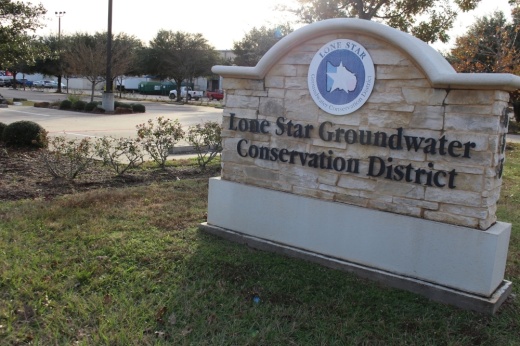What's happening?
According to a news release Aug. 28, the conservation district recommended the immediate action of implementing drought contingencies. According to Sarah Kouba, the general manager of the LSGCD, the contingency affects permitted wells—those wells capable of producing more than 25,000 gallons of water per day, according to the district's website—rather than residents.
Here's what permittees need to know:
- The buffer allows a temporary increase above the annual allocation.
- The annual production limitations for all permits is temporarily increased by 10%, retroactive until Dec. 31.
- Permittees who choose to utilize the drought buffer are still required to pay all water use fees for additional water pumped over their limitations.
- Any permitholder who exceeds the temporary drought buffer will be in violation of district rules and subject to penalties.
"While this doesn't really affect residents at this stage, we do encourage everyone to be prudent and frugal with your water right now," Kouba said. "Yellow grass is better than tapping into our resources. When we get to this level [D3], that means it's time for everybody to do their part. It's not just the permittees."
How we got here
The groundwater district’s board decided to implement the drought buffer due to the county facing extreme drought conditions due to persistent high temperatures and a shortage of rainfall. According to the Texas Water Development Board and the U.S. Drought Monitor, the drought has intensified for many parts of the state.
- The area of the state impacted by drought reached its largest value since August 2022.
- Exceptional drought now covers 12% of the state.
- Drought conditions are at 79% statewide.
- Montgomery County is facing a D3, or extreme drought. The highest level is a D4, exceptional drought.
The LSGCD is not responsible for setting water restrictions; Kouba said those will come from individual water providers.





